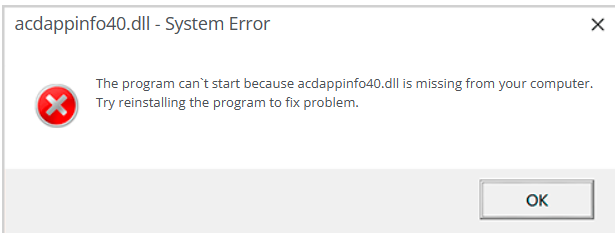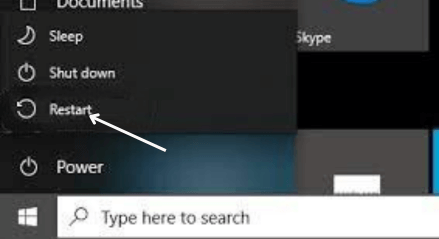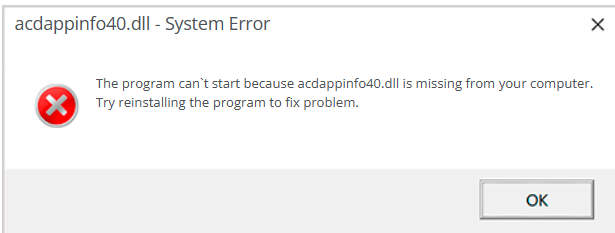The acdappinfo40.dll file is an essential dynamic link library (DLL) needed for certain Windows applications to function properly. It is linked to the ACDAppInfo Dynamic Link Library created by ACD Systems Ltd. If you receive error messages regarding acdappinfo40.dll, it could be due to a missing or damaged file, or potentially caused by a malware infection.
Scan Your PC for Issues Now
To resolve these issues, you may be tempted to download DLL files from various websites or use third-party tools. However, we strongly advise against doing so, as it may lead to additional complications or security risks. Instead, rely on a trusted solution like SpyZooka, a top-rated PC cleaner and registry cleaner that can help you fix acdappinfo40.dll errors for free.
By understanding the importance of the acdappinfo40.dll file and its relationship with the ACDAppInfo Dynamic Link Library, you can better troubleshoot issues and ensure that your Windows applications run smoothly. Remember, there’s no need to turn to risky websites or downloads when you have reliable tools like SpyZooka at your disposal for fixing DLL issues.
Table of Contents
ToggleWhat is acdappinfo40.dll
acdappinfo40.dll is an executable file that belongs to the ACDAppInfo Dynamic Link Library software. This Dynamic Link Library (DLL) file is designed to hold multiple codes and procedures used by Windows programs. By having shared code stored in these types of files, software can efficiently run multiple applications and reuse resources.
Common Error Messages

Errors associated with acdappinfo40.dll can occur for various reasons. Some of the common error messages you might come across include:
- “acdappinfo40.dll not found”
- “Acdappinfo40.dll failed to load”
- “Cannot register acdappinfo40.dll”
These errors can be frustrating and typically occur due to issues within the Windows registry or when uninstalling and installing applications.
What causes an acdappinfo40.dll error message?
acdappinfo40.dll error messages can arise from several causes. Some common reasons include:
- Corrupt or missing acdappinfo40.dll file
- Registry issues linked to the DLL file
- Malicious software, such as viruses or malware infection
- Hardware failure affecting your computer system
- Conflicting software installations or uninstalls
It’s important to pinpoint the exact cause of the error message to effectively address it.
Is acdappinfo40.dll safe or harmful?
Determining if acdappinfo40.dll is safe or harmful largely depends on its location on your computer’s hard drive and the file’s behavior. While many DLL files are harmless and essential components of a Windows system, cybercriminals can disguise malware or viruses as these types of files.
To ensure the safety of your system and files, keep your computer clean and organized. This includes conducting regular malware scans, updating software and drivers, and maintaining backups or restore points.
How to Solve acdappinfo40.dll Error Messages
1. Download SpyZooka
To address acdappinfo40.dll error messages, begin by downloading SpyZooka. This free tool can fix various issues on your PC by cleaning up outdated registry entries and utilizing its Malware AI, which detects both known and unknown spyware without relying on traditional malware databases.
2. Restart Your PC

After trying SpyZooka, restart your PC, as this simple solution can often resolve error messages and other issues.
3. Run a Full Antivirus Scan
In some cases, malware or viruses disguise themselves as fake DLL error messages to trick you. Running a full antivirus scan, along with SpyZooka, can help detect and remove these threats.
4. Run Windows System File Checker and DISM
If the issue persists, make use of Windows built-in tools like System File Checker and DISM. These tools can help resolve DLL errors within the Windows operating system.
5. Update Your Drivers
Occasionally, outdated drivers can contribute to DLL errors. Ensure all your drivers are up to date using SpyZooka, which may help eliminate DLL error messages.
6. Reinstall the Program
Should none of the above steps solve the issue, consider uninstalling and reinstalling the program that is generating the DLL error. Reinstalling the correct DLL may finally resolve your error messages.
